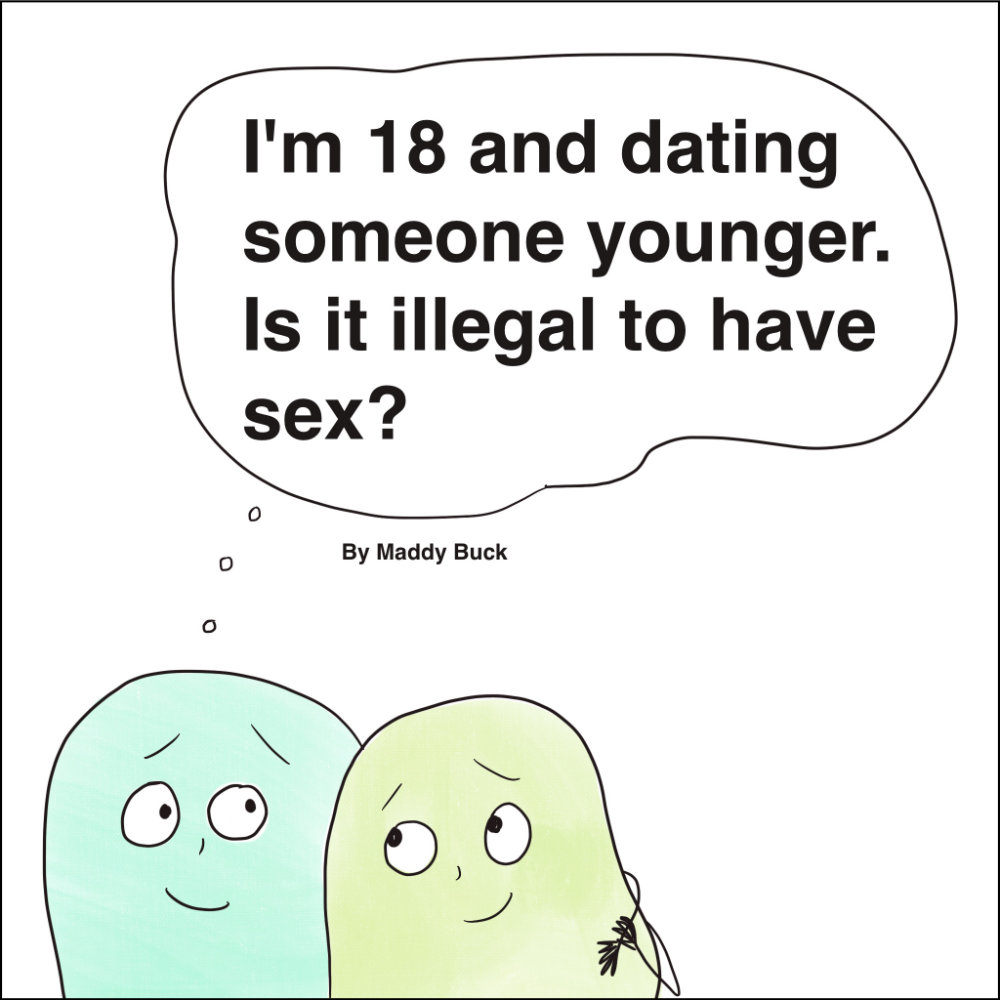Will In Vitro Fertilization Be Illegal?
Since the birth in 1978 of Louise Brown, the world’s first “test-tube baby,” millions of other infants have been conceived through assisted reproduction techniques. Today, about 2% of births in the U.S. result from assisted reproductive technology, and the fertility industry generates about $8 billion in revenues annually.
However, after the U.S. Supreme Court’s June 24 ruling in Dobbs v. Jackson Women’s Health Organization paved the way for states to ban or heavily restrict abortion, the fertility industry’s future is cloudy. Although no states have explicitly banned in vitro fertilization (IVF), many anti-abortion activists’ ultimate goal — fetal personhood laws — could upend the fertility industry.
Several new state abortion bans say that life begins at fertilization, and several more state legislatures are considering bills that would give personhood rights to embryos, fetuses, and fertilized eggs.
To date, the most dramatic step in this direction occurred on Aug. 1, when the Georgia Department of Revenue announced that pregnant women may claim a $3,000 tax credit for any fetus with a detectable heartbeat. And this month, the effort went national when Republicans in the U.S. House and Senate introduced a bill creating a right to child support for fetuses beginning at conception.
The Specific Risks Facing IVF
For the fertility industry, the risks posed by fetal personhood are stark: If personhood includes a fertilized egg, IVF providers may face monumental new legal responsibilities and restrictions.
The IVF process involves the use of fertility medication to produce several eggs that are ready for fertilization. Doctors then harvest the eggs using a minor surgical procedure and then inseminate them with sperm from a partner or donor. The next step in the process is monitoring the inseminations to see which are the healthiest. Doctors then insert one or more of the healthiest embryos into the uterus. The remaining embryos may be frozen and preserved for potential transfer later.
If a fertilized egg is a person, the risks for fertility clinics are obvious. If a thawed frozen embryo doesn’t survive, does that mean the clinic could face criminal penalties? Could it mean that doctors could no longer genetically test the embryos to decide which ones to implant? Could a personhood law prohibit clinics and patients from discarding embryos and require them to store embryos in perpetuity or donate them for adoption?
Does Dobbs Provide a Green Light?
The American Society for Reproductive Medicine reviewed 13 of the so-called abortion “trigger laws” (state laws banning abortions that went into effect immediately after the Supreme Court overturned Roe v. Wade as part of the Dobbs decision) and found that they don’t pose an immediate threat to infertility patients and the clinics that serve them.
But the post-Roe legislative landscape is still developing. If IVF is not a target now, it could become one.
Barbara Collura, the president of Resolve, which represents the interests of infertility patients, says that even before Roe fell her organization saw legislative attempts to gain state control over embryos. “So we feel that Dobbs is something of a green light” for more legislative bites at the apple.
Related Resources
You Don’t Have To Solve This on Your Own – Get a Lawyer’s Help
Meeting with a lawyer can help you understand your options and how to best protect your rights. Visit our attorney directory to find a lawyer near you who can help.






